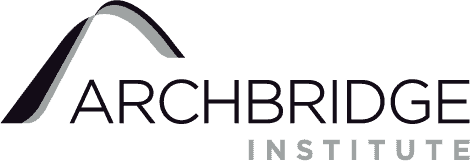Research
At the Archbridge Institute, we bring a fresh perspective to academic research
by encouraging a multidisciplinary approach to better understand
the nature of economic mobility.
Make a Donation
The Latest Publications
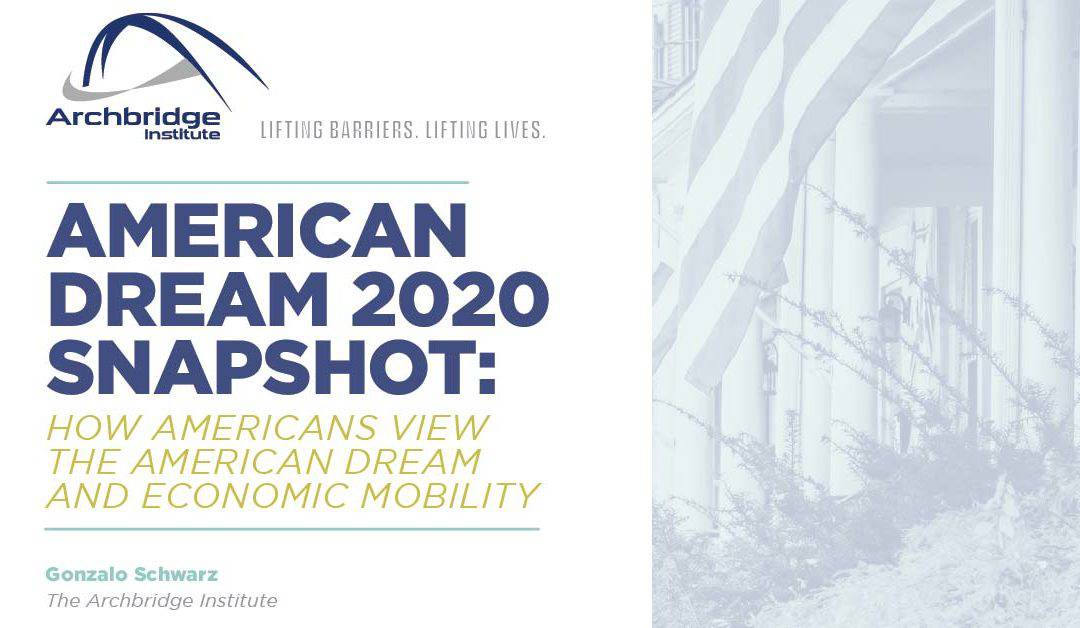
American Dream 2020 Snapshot
In our currently polarized country, there seem to be very few things that can bring us together. The sense of tribalism in our culture and politics has been magnified by the Coronavirus pandemic—which many of us hoped might bring a sense of unity to the country in the fight against a common enemy.
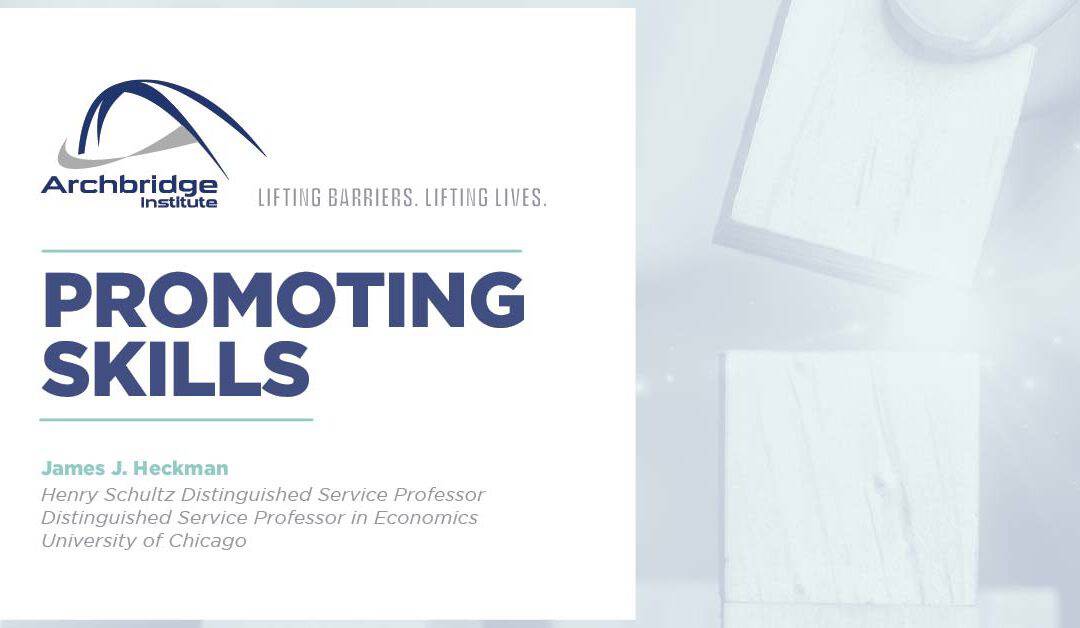
Promoting Skills
Societies everywhere face the problems of poverty, inequality, and economic and social immobility. The severity of these problems differs by country. Governments everywhere, including those in the United States (U.S.), are enacting policies to alleviate them.
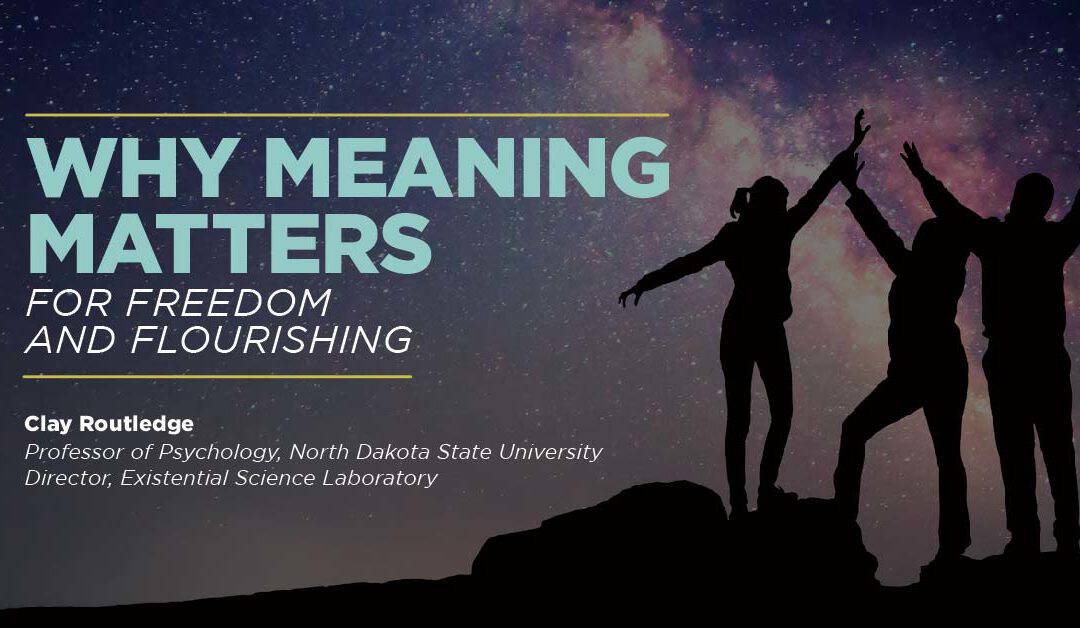
Why Meaning Matters For Freedom And Flourishing
Click here to open the PDF in a new Tab Social, behavioral, and health scientists are increasingly appreciating how important meaning in life is to both mental and physical wellbeing. People who view their lives as full of meaning and purpose are more resilient and...
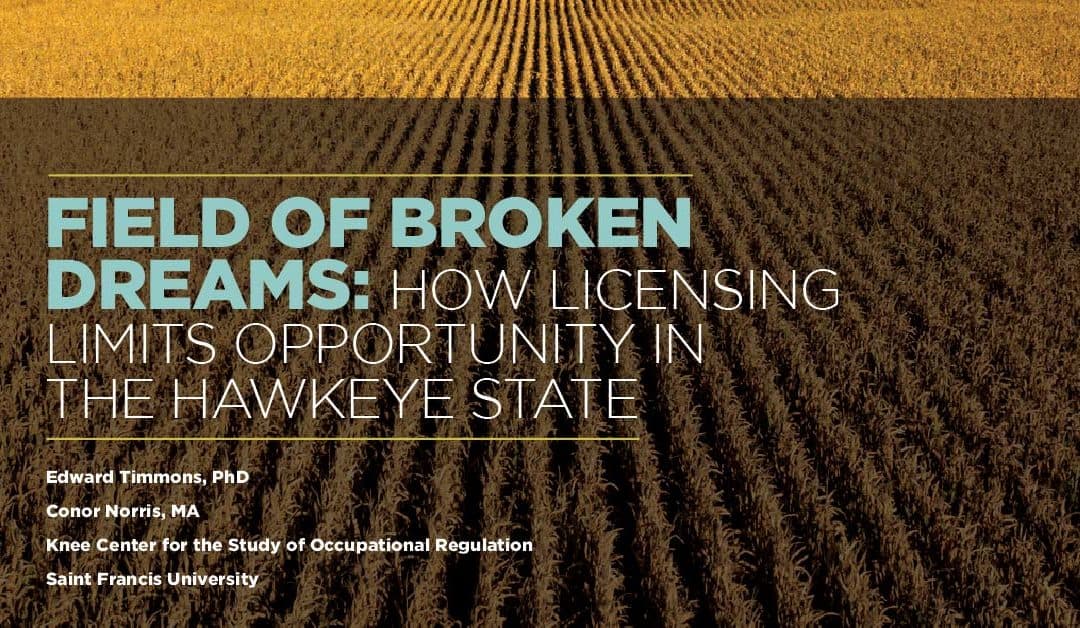
Field of Broken Dreams: How Licensing Limits Opportunity in The Hawkeye State
Click Here to Open the PDF in a New Tab Why Does Occupational Licensing Matter in the Hawkeye State? As 2019 came to a close, the labor market nationally could not be in better shape. Conditions are even better in Iowa. In December of 2019 according to the Bureau of...
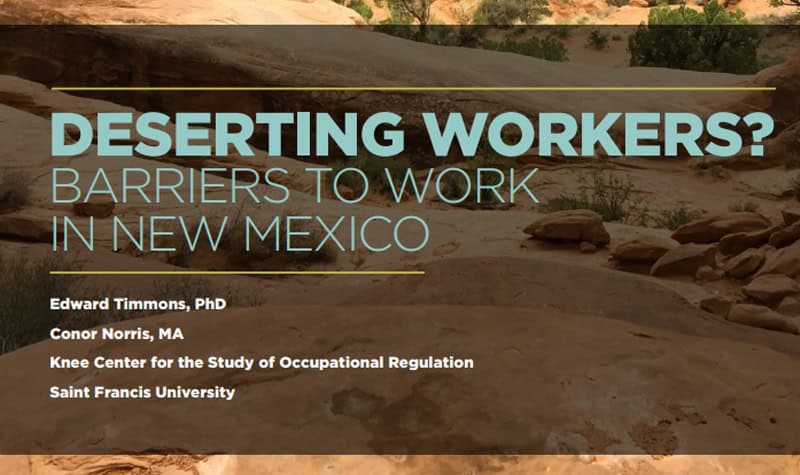
Deserting Workers? Barriers to Work in New Mexico
In “Deserting Workers? Barriers to Work in New Mexico,” Dr. Edward Timmons and Conor Norris highlight how occupational licensing restrictions are holding back New Mexicans attempting to climb the income ladder. Building on previous research that tracked state-by-state growth in low- to moderate-income occupations requiring a license, the researchers also suggest solutions for policymakers looking to expand economic opportunities.

Economic Mobility in America, Part Two
In the second part of our three-part primer on economic mobility in the US, this latest report by Dr. Scott Winship reassesses the cross-national evidence on intergenerational economic mobility, updates previous conclusions by reviewing more recent research and reevaluates the older literature. Dr. Winship challenges the conventional wisdom of upward mobility highlights previously neglected nuances in the literature that complicate the simple conclusion that the fates of American children are more tied to their family circumstances than is true of children in other countries.
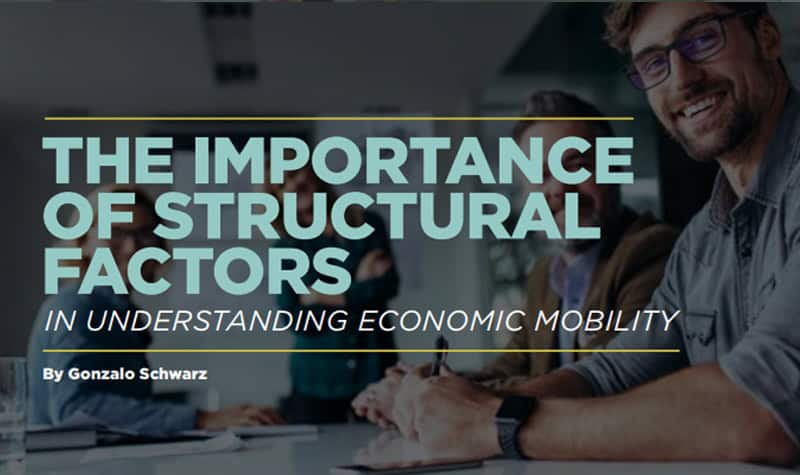
The Importance of Structural Factors in Understanding Economic Mobility
Gonzalo Schwarz, president and CEO of the Archbridge Institute, reviews the literature and examines recent studies on the importance of structural factors in understanding economic mobility. He finds that the analysis raises quite a few questions and notes that expanding the opportunity to climb the income ladder should be the main focus of the inequality and mobility debate.
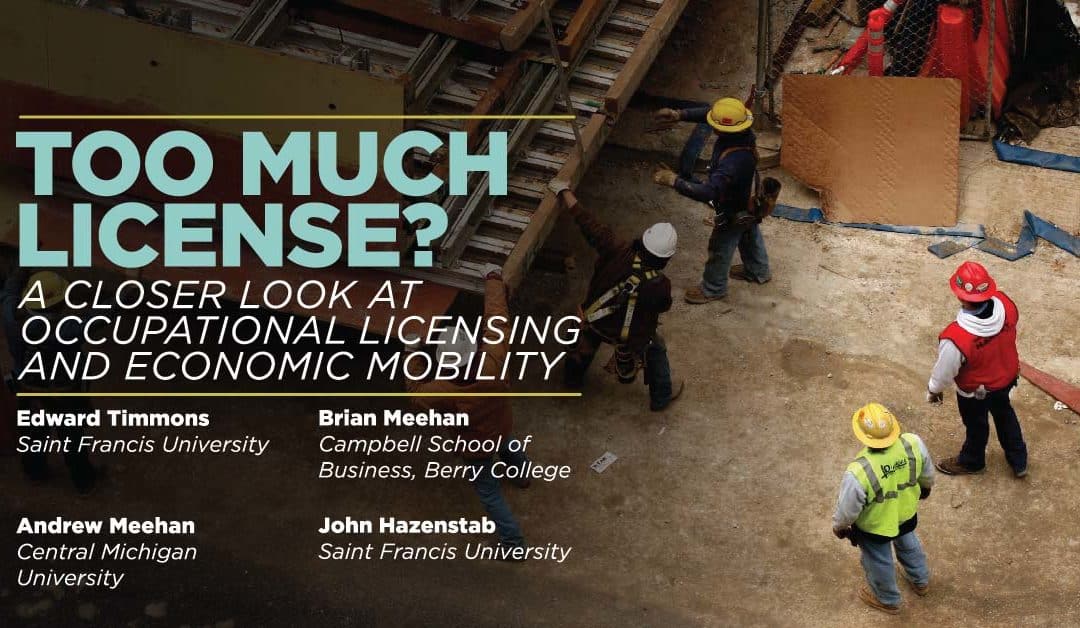
Too Much License?
Is occupational licensing preventing individuals from earning more than their parents? Professors Edward Timmons and Brian Meehan together with researchers Andrew Meehan and John Hazenstab take a closer look at this question to discover how recent increases in occupational licensing requirements are associated with economic mobility.
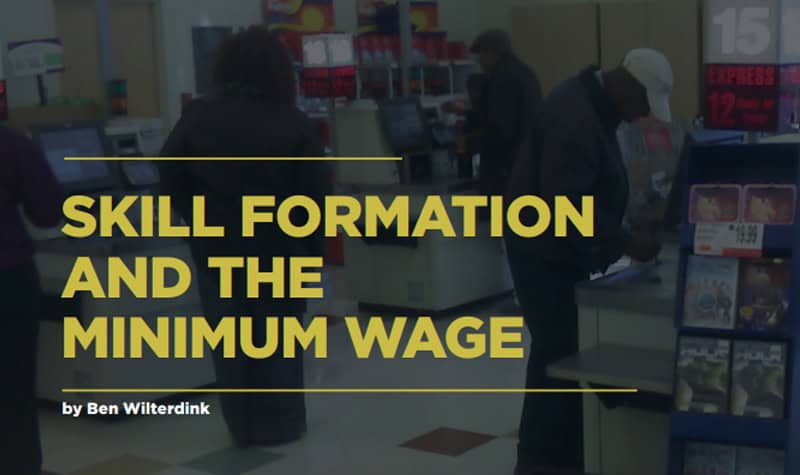
Skill Formation and the Minimum Wage
Director of Programs Ben Wilterdink reviews the literature and examines recent studies on the connections between minimum wage increases, the availability of entry-level work, and trends in teenage employment. He finds that the current discussions about increasing the minimum wage overlook some far-reaching consequences for individuals and their ability learn the skills needed for future economic success.
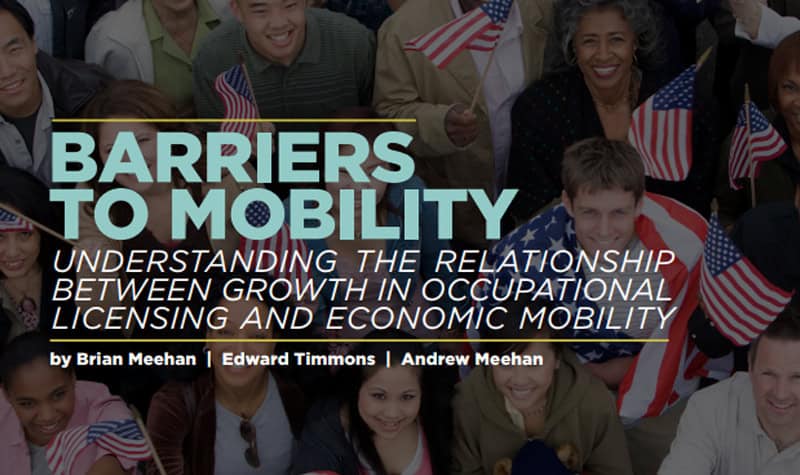
Barriers to Mobility
In “Barriers to Mobility: Understanding the Relationship Between Growth in Occupational Licensing and Economic Mobility,” economists Brian Meehan, Edward Timmons, and Andrew Meehan track the state-by-state growth in low- to moderate-income occupations requiring a license from 1993 to 2012 and compare it to rates of economic mobility. The researchers conclude that, although further research is needed, there is evidence to suggest that the growth in occupational licensing requirements negatively affects economic mobility.

Perceptions of Rising Opportunity Across Rich Nations and Over Time
Across the globe, people always seek more opportunity for themselves and for their children. The last several decades have seen a steady increase in living standards, particularly in wealthy nations—but has this translated into feelings of better opportunities for success than previous generations? To answer this question, and others related to attitudes regarding economic opportunity and mobility, Archbridge Institute Honorary Advisor Dr. Scott Winship analyzes poll results from rich nations and compares them to historical trends.
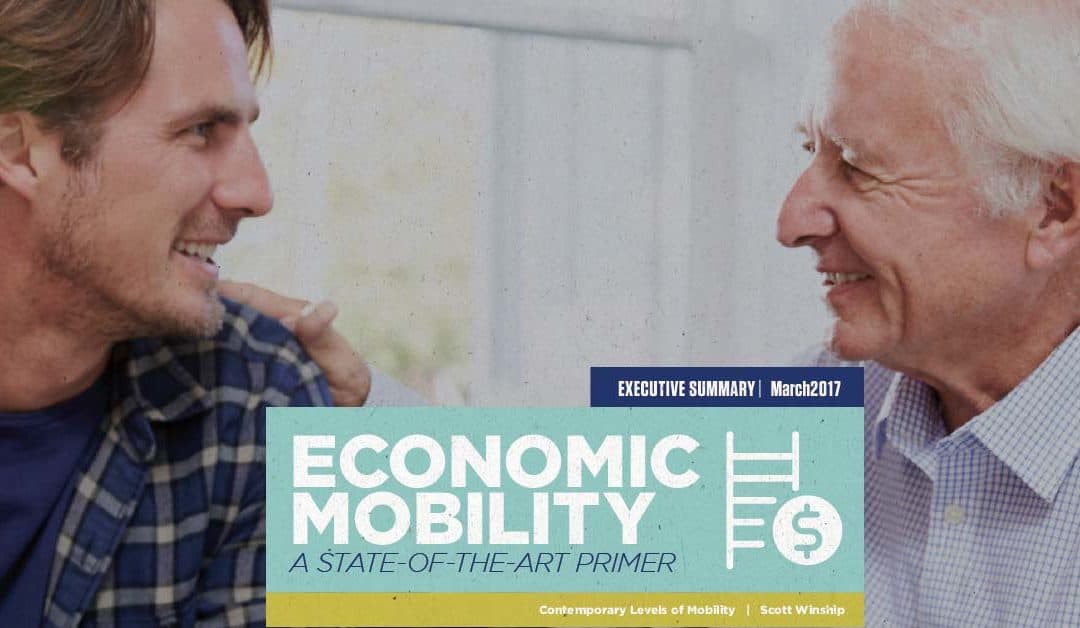
Economic Mobility in America, A Primer
Economic mobility has become a leading policy concern across the political spectrum in America. But “opportunity” and “mobility” are elusive concepts. Dr. Scott Winship provides an overview of the different ways of measuring both relative and absolute mobility (i.e., movement in ranks and movement in dollars). He distinguishes between mobility indicators that assess movement in different parts of the parental and child income distributions, as well as summary measures that describe how mobility does or does not reduce childhood inequalities.
The Archbridge Institute is a non-partisan, independent, 501(c)(3) public policy think tank. Our mission is to lift barriers to human flourishing.
Archbridge Institute
1367 Connecticut Avenue NW, Suite 200,
Washington, DC 20036
